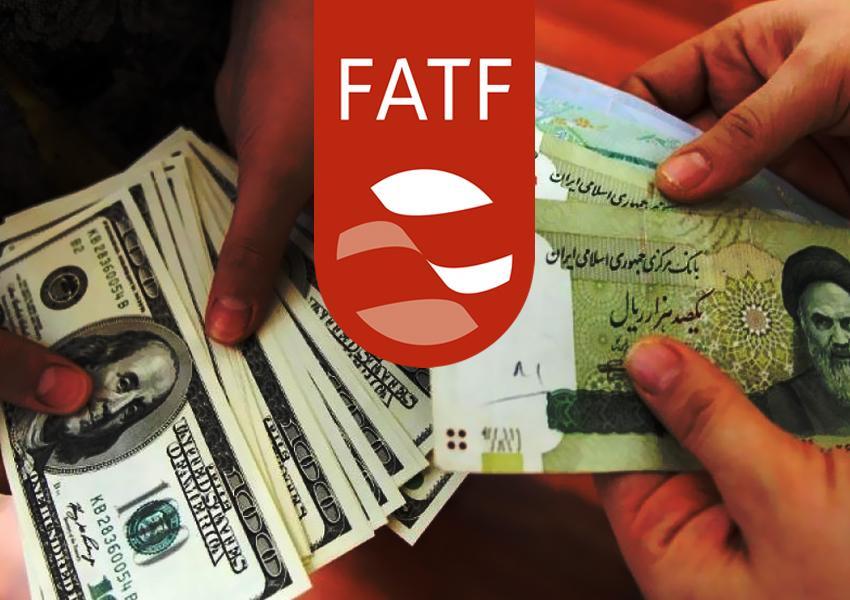
Iran 'Discussing' Financial Watchdog Demands Amid Nuclear Diplomacy
Mohsen Rezaei (Rezaee), Secretary of Iran’s Expediency Council (EC), said on Wednesday [February 24] that the council will rule by the end of the current Iranian year, March 20, on legislation that would bring Iran in line with the intergovernmental Financial Action Task Force and see it removed from an FATF blacklist.
President Hassan Rouhani's spokesman Mahmoud Vaezi said that given the “altered international situation” – a reference to the possible easing of United States sanctions with the revival of Iran’s 2015 nuclear deal with world powers – Iran should not “self-sanction.” Other countries were already expressing interest in economic cooperation, Vaezi said, on the sidelines of a weekly cabinet meeting: “It’s not right for us to isolate ourselves.”
President Rouhani has long supported joining the FATF. But two bills on FATF accession have been stuck at the EC, which arbitrates between state bodies, since they were rejected by the Guardian Council, the constitutional watchdog, after passing parliament in 2018.
The Paris-based anti-money laundering body blacklisted Iran on February 20, 2020 after it failed to pass the required legislation. FATF members – who host most of the world’s financial centers – are required to exercise enhanced diligence and counter-measures against blacklisted states, which would inhibit Iran’s access to international financial markets even if US financial sanctions were eased.
Vaezi said that given the importance of FATF accession in international banking, the government was willing to clarify any matters and cooperate with the EC to facilitate progress. “People’s eyes are on the council to adopt a decision,” he noted.
Rouhani’s principlist opponents have long argued that FATF accession would compromise Iranian sovereignty and undermine self-reliance. Parliament passed four bills regarding the FATF in 2018 but only two cleared the Guardian Council (GC). The GC rejected one concerning the UN’s Palermo convention on international crime and a second on the CFT (Combat Financing Terrorism), with these two then passing to the EC for arbitration.
After meeting government representatives including Foreign Minister Mohammad Javad Zarif on Tuesday, Rezaei said the bills were still under review but a decision would be made by year end.
Government officials and reformists have accused opponents of FATF accession of having a vested financial interest in thwarting transparency and anti-laundering laws. Zarif said in November 2018 that some opposing the FATF were profiting to the tune of billions of dollars. The only other country on the FATF blacklist is North Korea.









